7 Tips to Maximize the Benefits of Coffee

The Benefits of Coffee.
For many, a mere whiff of coffee turns their crank.
The warmth. The aroma. The astringent taste. The satisfying endorphin buzz.
As the TV commercial implied, “The best part of waking up …” Actually, that seems kind of sad if the best part of a new day is a bean-beverage. Surely, it would be a hug, or lending a helping hand?
Benefits of Coffee: Coffee impacts the neurotransmitters in the gut and in the brain.
If you were applying for a Food and Drug Administration approval to sell coffee today, it would be classified as a drug. “Ask your
doctor if coffee is right for you.”
Why all the fastidious fuss about coffee? “Make it an Americano with a half-caf, half-decaf, latte-mocha-cappuccino muy-grande @ 180°F with extra foam that looks like Benjamin Franklin getting zinged flying his kite, and coarse-grind the espresso, tamp the grounds with 40-lbs. of-
pressure, and avoid cockroach fragments, please.”
Coffee is an herb – a therapeutic herb. That doesn’t mean much to most folks, but an herbalist knows that there are rules about therapeutic herbs. Therapeutic herbs cause symptoms and adaptations by the body when used too much or too frequently. It’s no surprise that coffee is
“herbal medicine.”
What symptoms might coffee cause?
Rapid heartbeat; perspiration; loosening the brain-tongue barrier; mood swings, and like cannabis, larger doses are required to achieve the same impact.
What adaptations?
People often cite headaches, mental sluggishness, or constipation if they miss the daily dose to which they are adapted.
Some people become more amorous under coffee’s influence. “Let’s meet for a cuppa and see if oxytocin—the bonding hormone—prevails.”
Individual Genetic Response. Like the therapeutic herb, cannabis, coffee’s impact on the brain’s neurotransmitters is a personal response governed by genes. The CYP family of genes (Liver Phase One Detoxification) has an essential role in detoxifying caffeine.
Some people have robust CYP “caffeine clearance” genes, but others are less effective. Science often cites coffee’s ability to impact DNA with medical admonishments to minimize caffeine during pregnancy.
Janus—Two Faces. In Natural Health, coffee abounds in both admonishments and benefits.
• Admonishments: molecules that disturb the body—theobromine, acrylamide (from roasting), adrenal fatigue, breast cyst formation, mood swings, sleep loss, stomach acid stimulation (heartburn), irritable bowel, calcium/magnesium leaching and loss of minerals via the kidneys.
• Benefits: Science reports that coffee provides protection against diseases such as Alzheimer’s, Parkinson’s, Depression, Gall Stones, and Diabetes-Type-II. With Americans imbibing 12-million pounds of coffee each year, and the glaring statistics that those diseases are running
rampant, there appears to be more promise than actuality.
Benefits of Coffee: Coffee may give with one hand and take with the other.
But you can set the dial for more benefits than detriments. If you are a coffee aficionado, here are some tips to minimize the
damages and maximize the benefits.
1. Go organic.
Using organic coffee helps you avoid pesticides and herbicides. If you use organic, water-processed decaf coffee, you can avoid decaf-solvent chemicals, aka dry-cleaning fluid—methylene chloride—and toxic benzene cited to cause cancer.
Organic farming is not only best for your health, but it’s also better for farm workers and Mother Earth.
Nespresso™ users. Nestle does not have an organic coffee aluminum capsule for your machine, but you can make your own coffee/espresso with higher standards and discover your inner barista to obtain that smooth, brown crema on top.
2. Use purified, alkaline water.
Coffee has an acidic impact on body pH (the body’s acid/alkaline balance). In Natural Health, there’s information entitled, “Alkalize or Die,” and pH
is a major preoccupation in Macrobiotic diets. pH balance is one factor that impacts health through enzyme performance. Researchers emphasize the importance of alkaline diets (fresh, organic fruit and vegetables) as a basis for health and to prevent cancer.
Alkaline water can help minimize coffee’s acidic pH push which can result in loss of calcium/magnesium, and trace minerals via the kidneys. It also improves the smoothness of coffee’s taste.
Alkaline water devotees employ “alkalizer” devices—ionizers that remove acidic minerals and contaminants from water, but leave the alkaline minerals.
There are a few alkaline bottled waters—Evian, Volvic, Fiji, Poland Spring, Icelandic, Zephyrhills, Nestle Pure Life, Ten Spring—but most bottled and reverse osmosis waters, are acidic.
Water in plastic bottles—even BPA-free plastic—contains hormone-disrupting plastics. Beyond personal health, the oceans and landfills are choking on plastic. It’s easy to make your own purified water.
Today, most municipal tap waters are unfit to drink from the natural health perspective. Just ask the folks in Flynt, MI. Beyond harmful heavy metals or flaming faucets from fracking contamination, tap water often contains toxic chlorine, fluoride, chemicals, pesticides, chloramines, polyvinyl chloride, and Rx drugs (from urine that gets recycled.)
3. Add fat or medium-chain triglycerides.
The concept of adding organic, whole cream to coffee is a food-chemistry enhancement, not just something to reduce coffee’s natural, bitter
taste, and frap up a smooth beverage for a coffee talk chat.
Historically, coffee aficionados know that adding fat to coffee smooths out the caffeine impact, adds a sustaining energy element, and helps prevent the rollercoaster – the too intense caffeine buzz followed by the mood/energy let down.
This is the basis for the popular ‘Bullet Proof Coffee’ where people add butter, ghee, coconut oil, or medium-chain triglycerides to their coffee.
If you find that oils ruin the taste, you can take oils separately in capsules, and dial in a sustained, elevated mental acuity. Coffee plus krill oil capsules make a smooth brain-energy engagement.
4. Add organic mushroom powder.
Mushrooms are powerhouses of nutrients and health-supportive agents. Cordyceps (medicinal fungus from dead caterpillars), lion’s mane mushroom, and Chaga mushroom can smoothly add health-supportive nutrients to coffee giving it a mysterious, earthy, delightful flavor.
It’s super-important to ensure that both your food and medicinal mushrooms are organic. The reason that mushrooms are chockablock full of health benefits is that they are highly effective accumulators from the soil. Their forté is to decompose materials and render nascent nutrients. If
the soil has heavy metals, chemicals or pesticides, the mushroom will pack a wallop of toxins if not organically-grown.
If you like adding flavors to your coffee; cinnamon, chicory, and coco bring nutritional advantages.
5. Half-caf, half water-process decaf. Make your own blend. One way to minimize the impact of caffeine on the liver’s Phase One detoxification activities (thus having more resources to detoxify chemicals in the air, water, foods, and cellular metabolic wastes); is to decrease the
amount of caffeine.
Mix organic, regular and decaf beans. Make your unique blend. Put that through your grinder and French Press.
6. Warm, Not Hot.
Watch the temp! Hot beverages can damage the esophagus and risk esophageal cancer. This includes hot tea. Make a delicious French Press with water at 178°F to extract the flavors and benefits, and then drink the coffee “nicely warm,” not scalding hot. Ice coffee, anyone?
7. Landing Base.
Drink coffee when there’s food in your tummy. Coffee on an empty stomach stimulates hydrochloric-acid release which, over time, can result in stomach lining erosion, reduced digestive capacity, and if there’s reflux, it can hasten esophageal damage. Now you can maximize coffee’s health benefits and minimize the detriments. Plus here’s well wishes that your morning cuppa joe is not consistently your “best part of waking up.”
Maybe that morning time over a cup of coffee with your family and friends can become the best part of waking up.


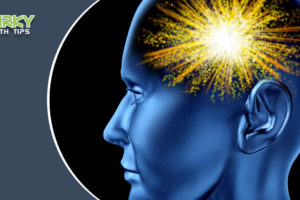


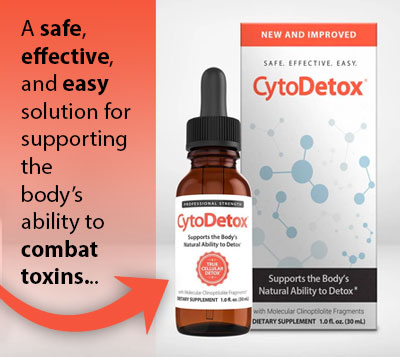
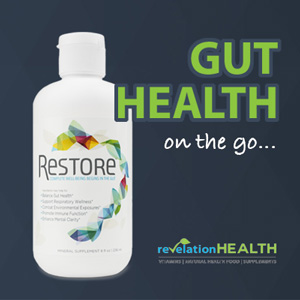
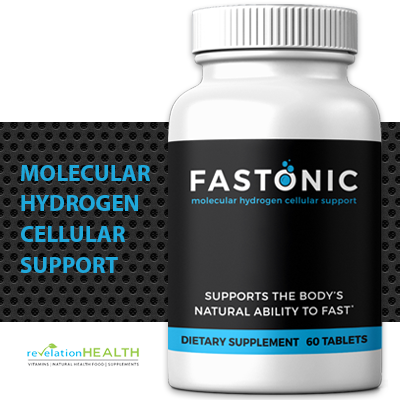
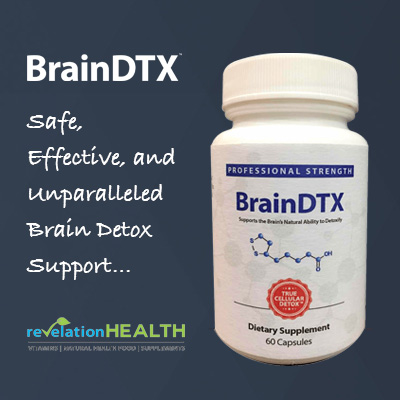
1 Comment
Leave your reply.